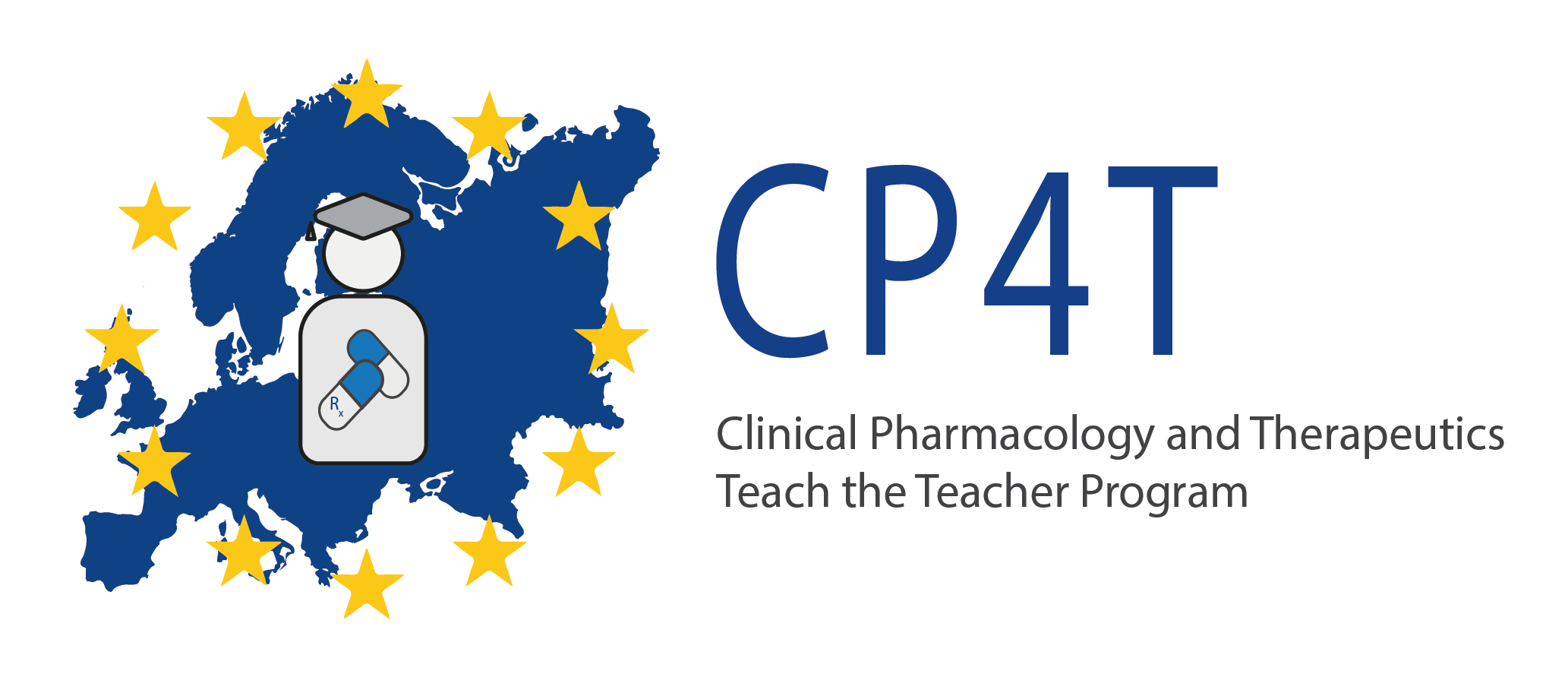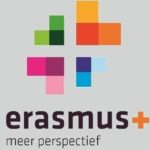Our goal is that all medical universities in Europe stimulate their teachers to follow this TtT-program to modernize and harmonize CPT education in Europe. The ultimate aim is that all medical students in Europe can benefit from the same high quality and interchangeable education. Prescribing is a complex task for all prescribers. It requires extensive competences to perform prescribing safely and effectively. Studies show that the incidence of medication errors is estimated to be 2-14% of all patients admitted to the hospital, with 1-2% of patients being harmed as a result. The annual costs of these errors in Europe are projected between €4.5-21.8 billion (Jha,2010).
In many European countries, just graduated medical doctors are responsible for the majority of the hospital prescriptions, but also for most of the prescribing errors [Dornan, 2009; Ryan, 2014]. A suggested cause is insufficiently acquired prescribing competences during medical school. Indeed, studies have shown that medical students not only feel unprepared to prescribe, but also lack sufficient competences [Brinkman, 2017]. This is worrying, especially because prescribing is becoming increasingly difficult; the therapeutic arsenal is expanding with drug discoveries, and more patients meet the criteria for polypharmacy. There are no signs that other groups of prescribers perform better.
With this in mind, the EACPT, stated that education in clinical pharmacology and therapeutics (CPT) must be modernized and harmonized [Coleman, 2019]. Various projects have been initiated, i.e. the European Prescribing Exam (EuroPE+, Erasmus+ KA203 2019) and the European Open Platform for Prescribing Education (EurOP2E, Erasmus+ KA203 2020). Where the former focuses on assessing whether students have acquired sufficient competences [Donker, 2022], is the latter project initiated to develop a platform to share educational resources. What is lacking is a teach the teacher (TtT) program with distinct guides and a course for CPT teachers in Europe. It is known that students who had problem-based education in CPT significantly outperformed their traditionally educated peers [Brinkman, 2018]. Nevertheless, a large amount of the medical schools in Europe only provide traditional education, which undermines the desired equal opportunities for all students in the EU. The transformation to a problem-based program should not be complex, but it requires the right resources and insights. The same accounts for the content of the curriculum. Teaching traditional topics such as hypertension are well known, however, topics such as drugs and planetary health and diversity in prescribing are yet uncommon, but important.
With this TtT program including the guides, teachers will be educated via a multimodule (online) course on how to use state of the art education methodologies, how to align their curriculum with content from EurOP2E and assessments (i.e. EuroPE+), and on how to set up international collaborations.




